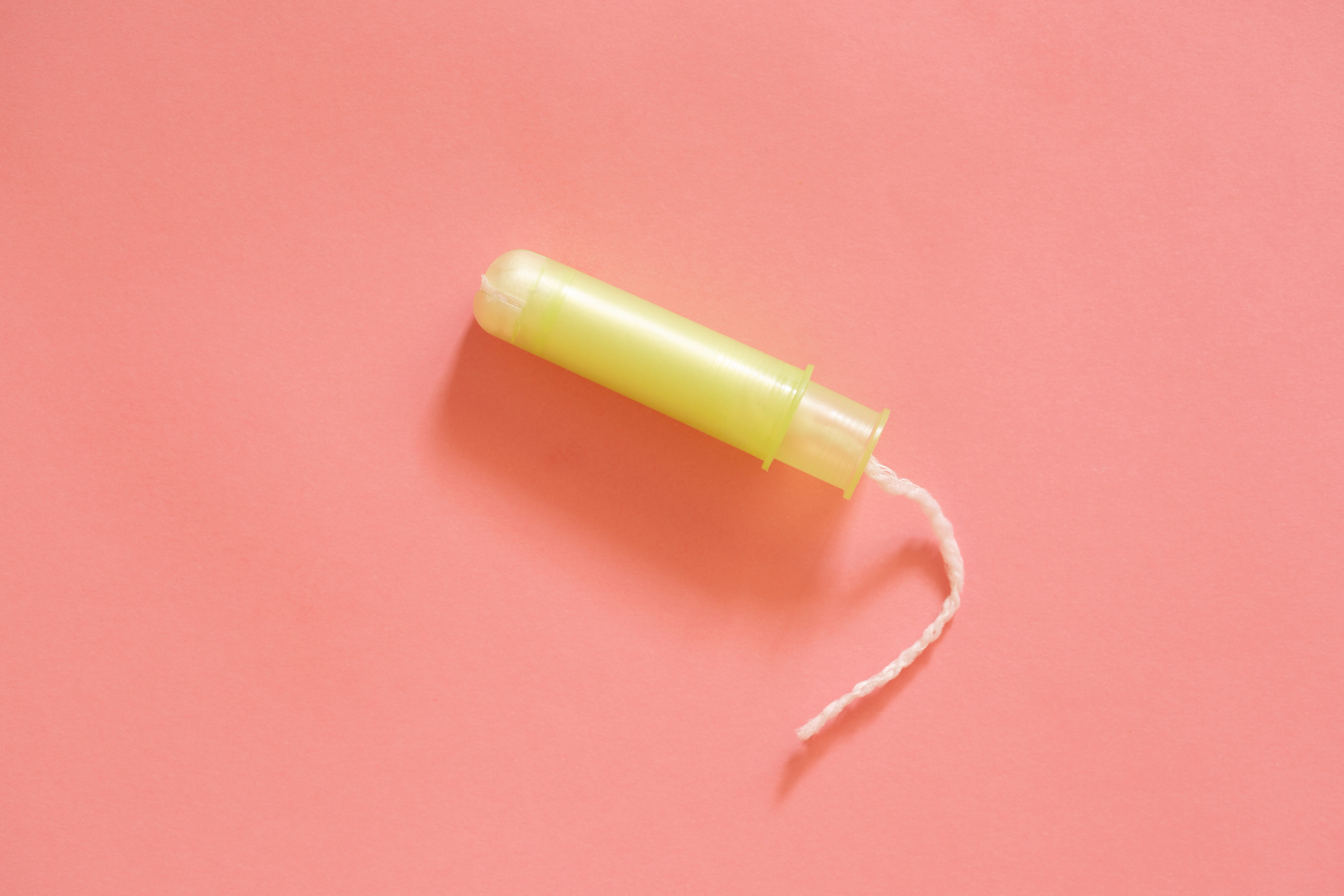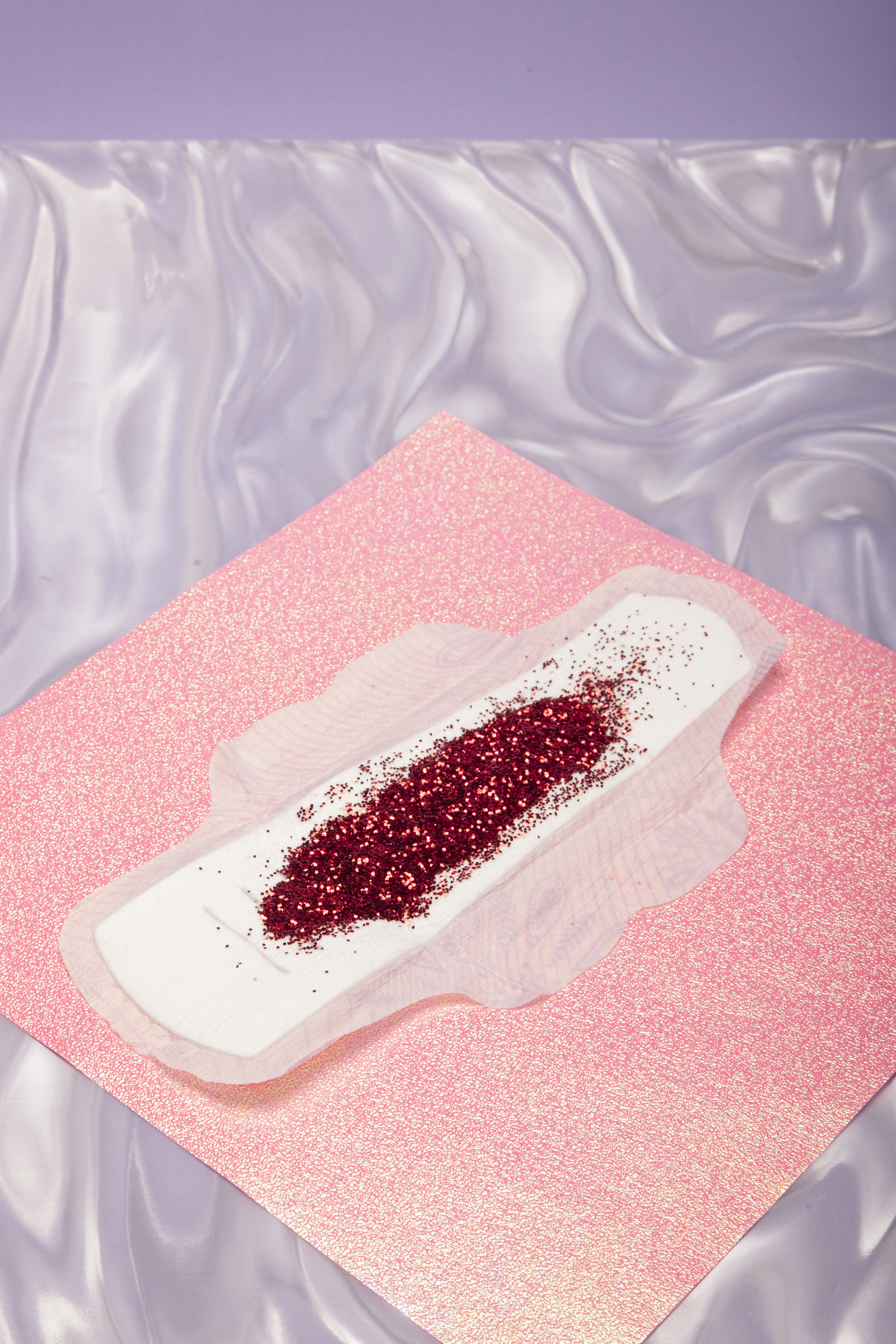Can the pandemic affect your period? New research tackles the reproductive health concern
We already know the COVID-19 vaccine can affect your period, but what about the pandemic itself?


It's been a trying time for menstrual cycles. Not only can the COVID-19 vaccine affect your period, but so can the pandemic itself (another thing to worry about... great).
Scientific research indicates that stress levels during this unusual and frightening time have caused people who get their periods to experience irregular cycles. Considering what stress does to your body, it's no surprise that March 2020 and beyond has tampered with reproductive health (your mind has been busy, from figuring out where to get elusive toilet paper to wondering if masks help protect you against the Delta variant).
According to a new Northwestern Medicine study, which was published in The Journal of Women’s Health in late September 2021, 54% of women who participated had experienced changes in their periods due to pandemic stressors. This was the first report of its kind to tackle the topic, and it surveyed over 200 women.
"Reproductive health should not be ignored in the context of COVID-19,” wrote Nicole Woitowich, lead and corresponding author and research assistant professor of medical social sciences at Northwestern University.
“We are already seeing the ripple effects of what happens when we fail to consider this important facet of women’s health as many are now experiencing menstrual cycle irregularities as a result of the COVID-19 vaccines or COVID-19 infection.”

Meanwhile, similar findings have been uncovered across the pond. According to a Dublin study, which were presented at the Society for Endocrinology's annual conference in Edinburgh, 56% of participants saw a change in their periods—citing heavy, painful and missed periods as the culprits—while 54% experienced a reduced sex drive as well, according to The Independent. There were 1,335 women, with a median age of 34, who were surveyed.
Even if your menstrual changes seem insignificant, it never hurts to uncover the root of the problem. This is what the gyno is for!
"If in doubt, seek medical advice from your doctor for reassurance," Kate Smith, Education Manager at Hey Girls recommends.

Need a TV show recommendation? Maybe a few decor tips? Danielle, a digital news writer at Future, has you covered. Her work appears throughout the company’s lifestyle brands, including My Imperfect Life, Real Homes, and woman&home. Mainly, her time is spent at My Imperfect Life, where she’s attuned to the latest entertainment trends and dating advice for Gen Z.
Before her time at Future, Danielle was the editor of Time Out New York Kids, where she got to experience the best of the city from the point of view of its littlest residents. Before that, she was a news editor at Elite Daily. Her work has also appeared in Domino, Chowhound, and amNewYork, to name a few.
When Danielle’s not writing, you can find her testing out a new recipe, reading a book (suggestions always welcome), or rearranging the furniture in her apartment…again.